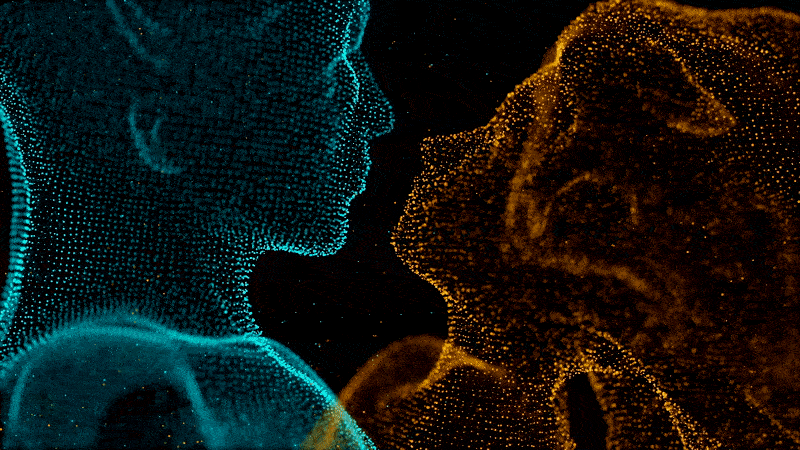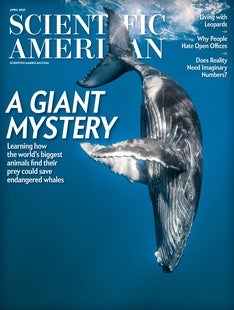 |
| April 25, 2023 |
We know that AI chatbots are not real people. But humans are great at projecting our own emotions and personhood onto inanimate objects—it's the reason we cuddle stuffed animals and give our cars names. So it makes sense that some people who use AI chatbots have built emotional relationships with these digital companions. For this week's lead story, I spoke with the hosts of Radiotopia Presents: Bot Love, a podcast that explores the nuances of these relationships and what the future of AI chatbots might be. |
| | Sophie Bushwick, Associate Editor, Technology | |
 |
| |
| History Who Invented the Measurement of Time? The first timekeeping devices were probably natural materials lost to the ages, but the ancient Egyptians were the first to leave records of their timekeeping methods | | | | |
| |
| |
| |
| |
| Renewable Energy Renewable Energy Is Charging Ahead Renewable energy has seen considerable growth in recent years, but there is a long way to go to achieve a clean energy future that averts the worst effects of the climate crisis | | | | |
| |
| Food The Science of Melting Chocolate Researchers used an artificial tongue to understand how chocolate changes from a solid to a smooth emulsion | | By Clara Moskowitz,David Cheney | | | |
| |
| |
| |
FROM THE STORE
 | | | |
| |
FROM THE ARCHIVE
 | | | |
LATEST ISSUES
 |
| |
| Questions? Comments?  | |
| Download the Scientific American App |
| |
| |


























